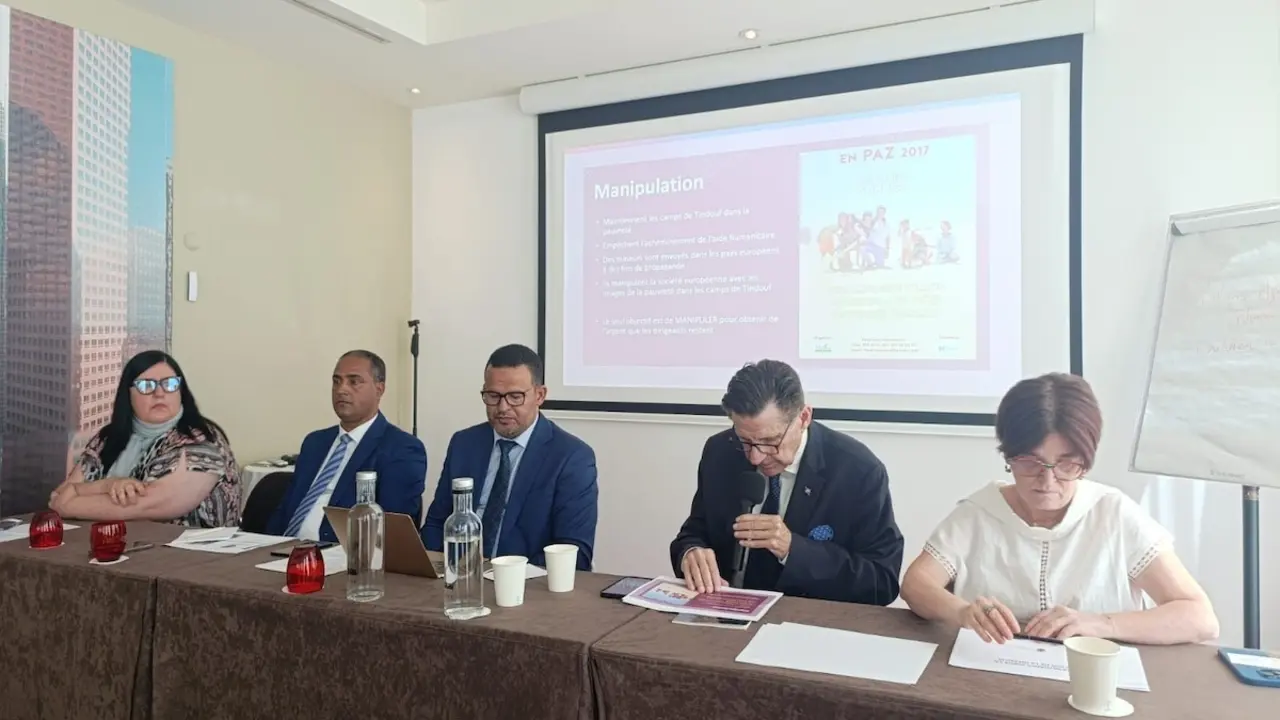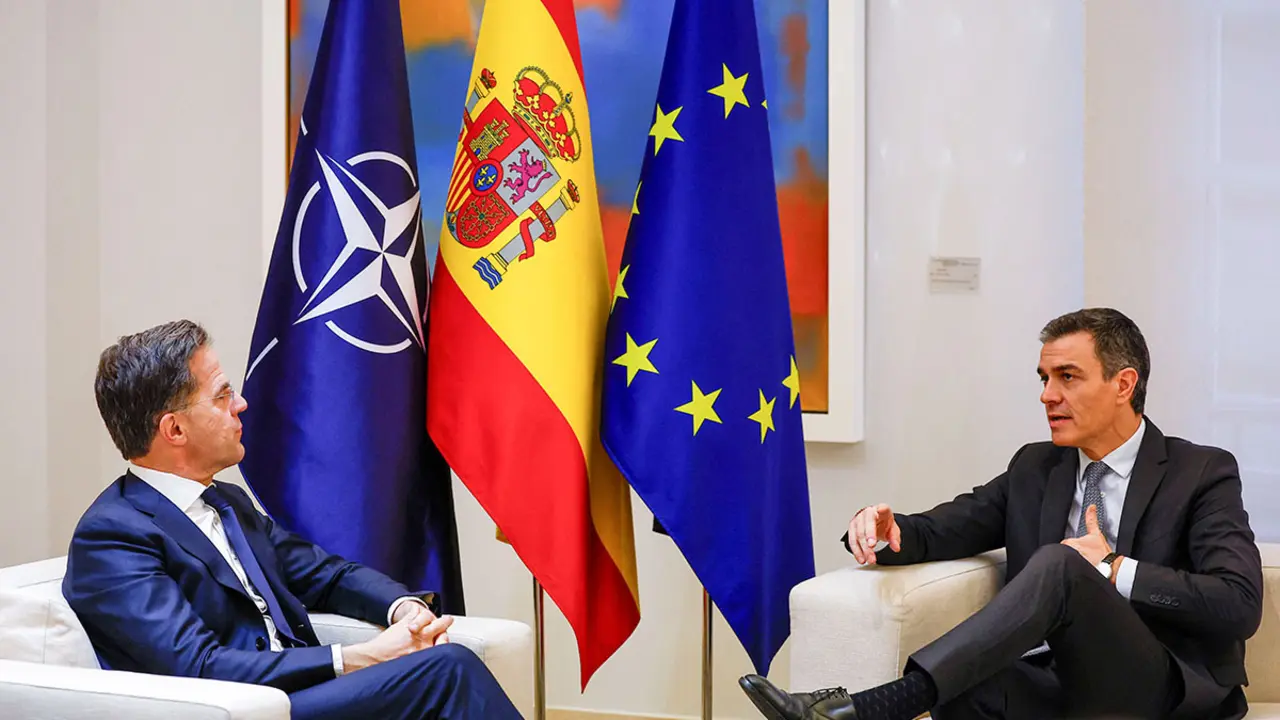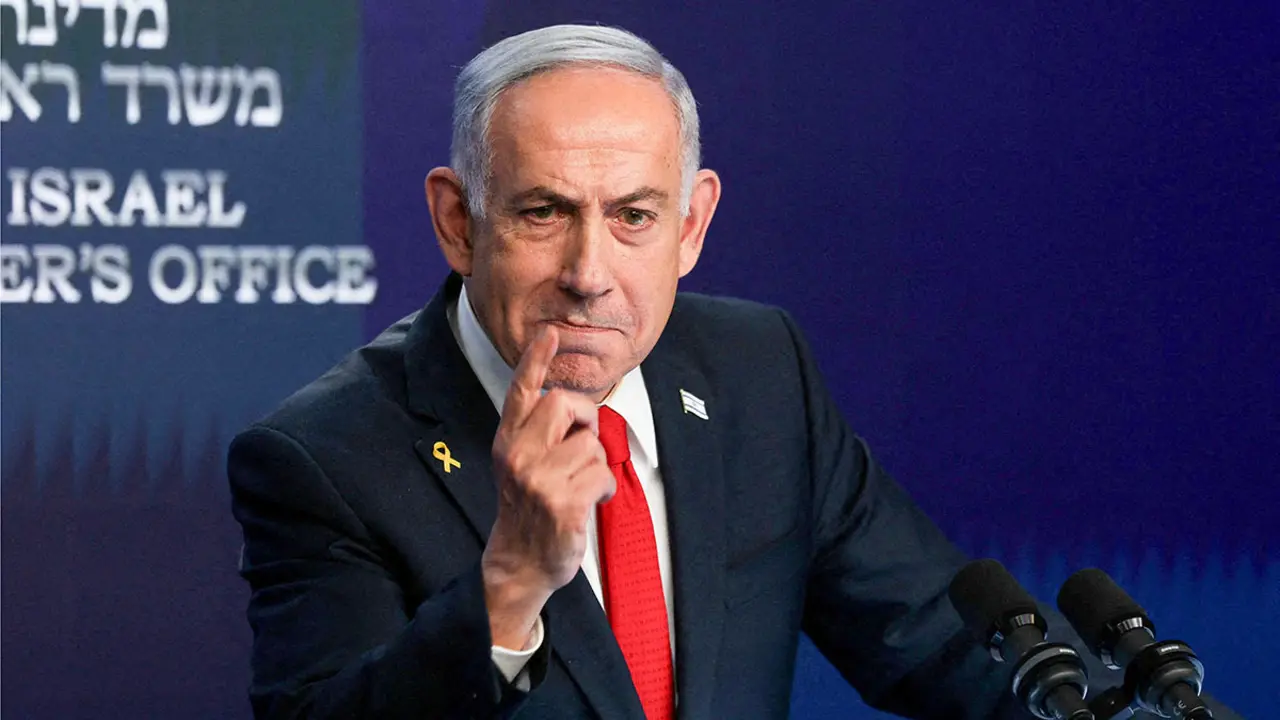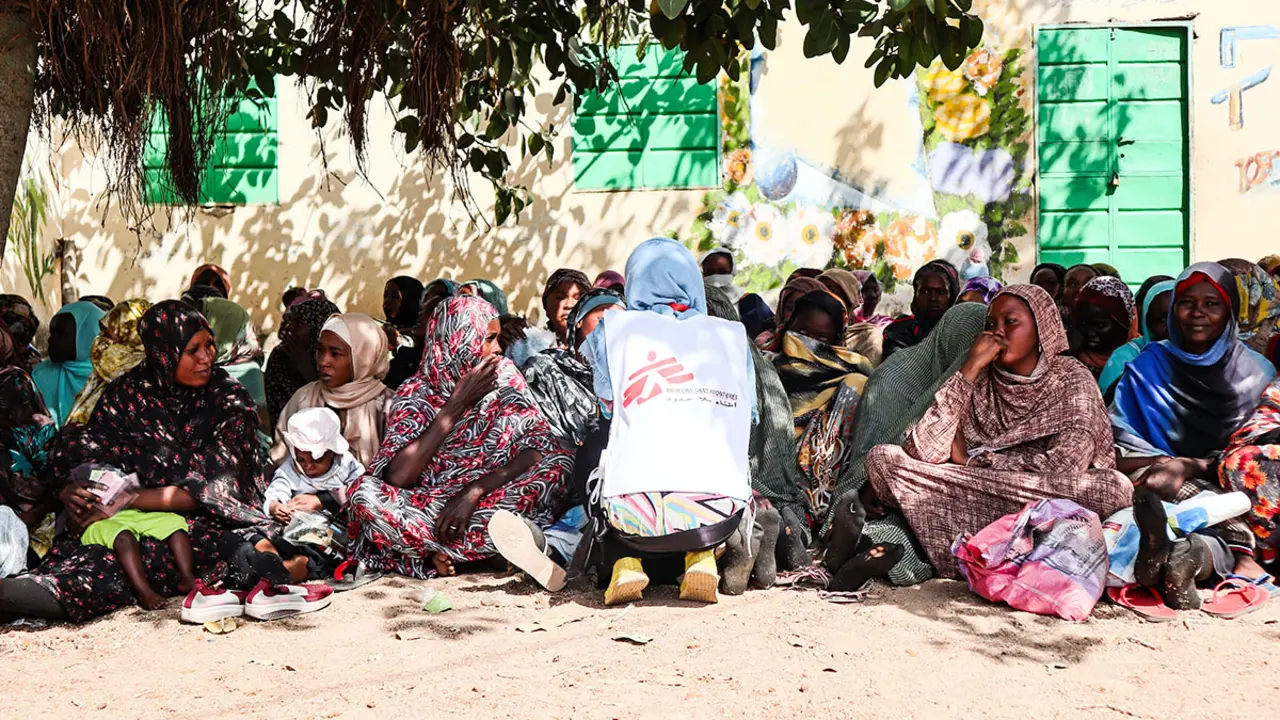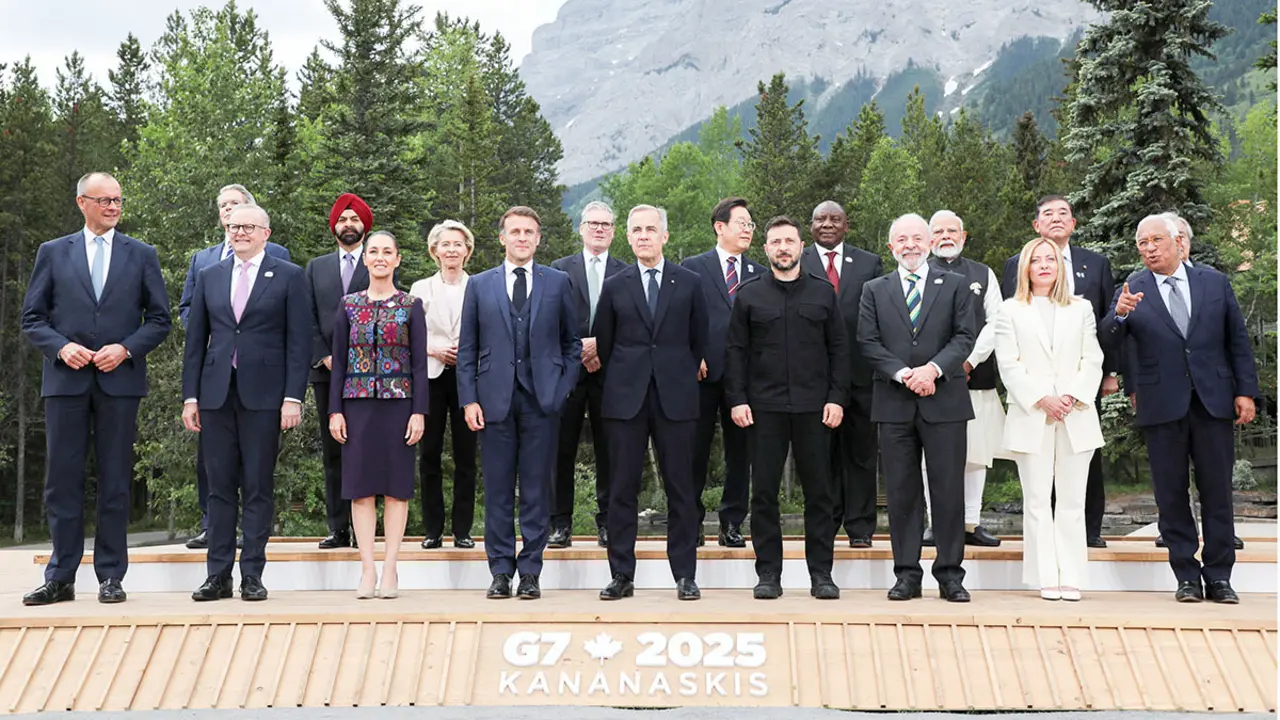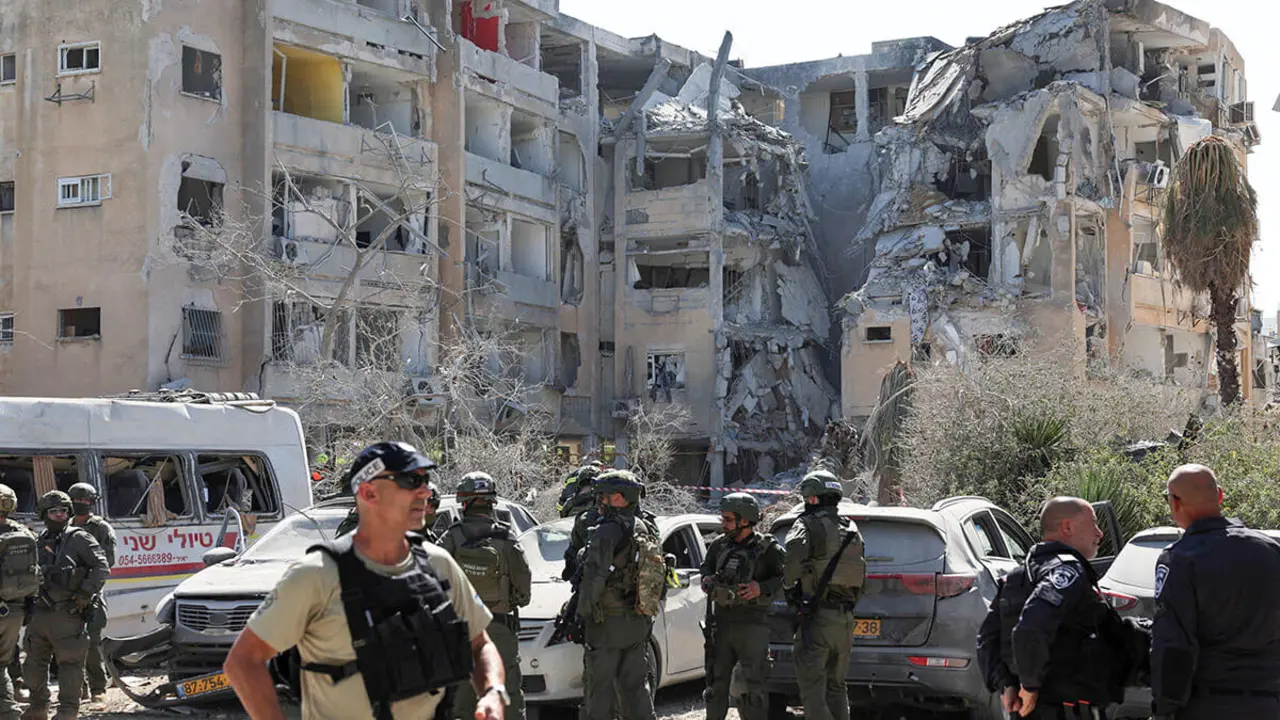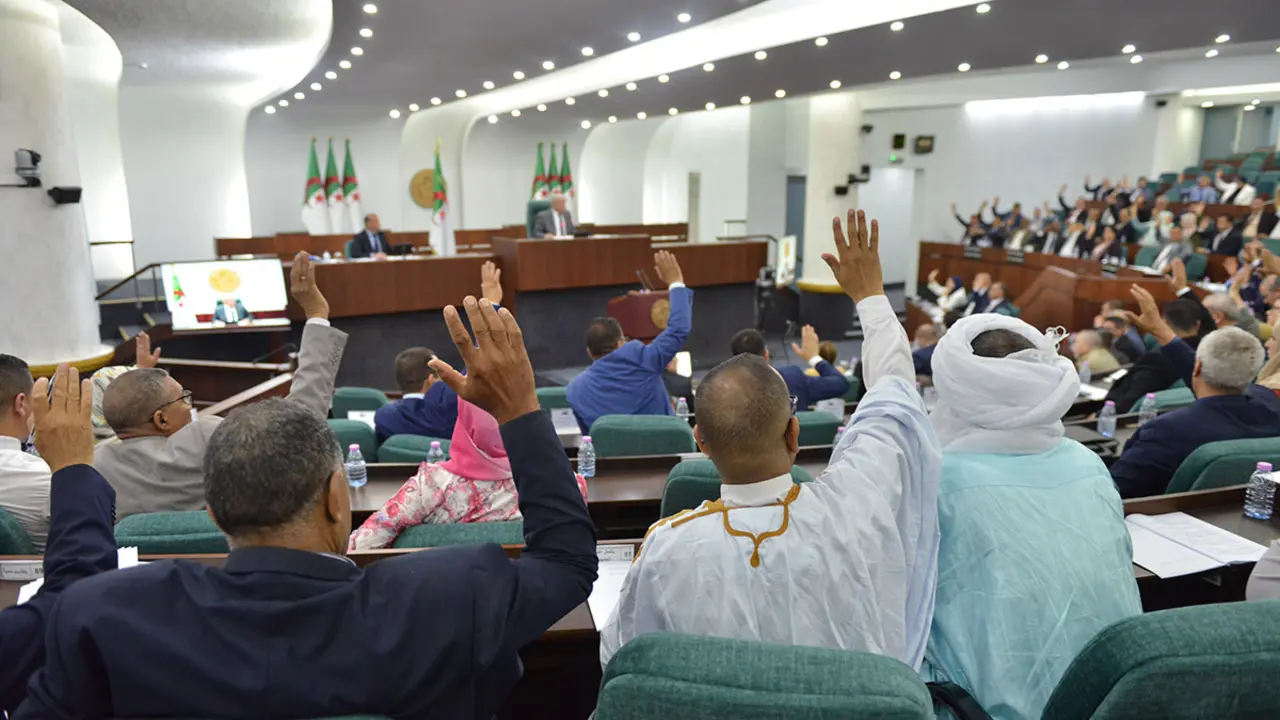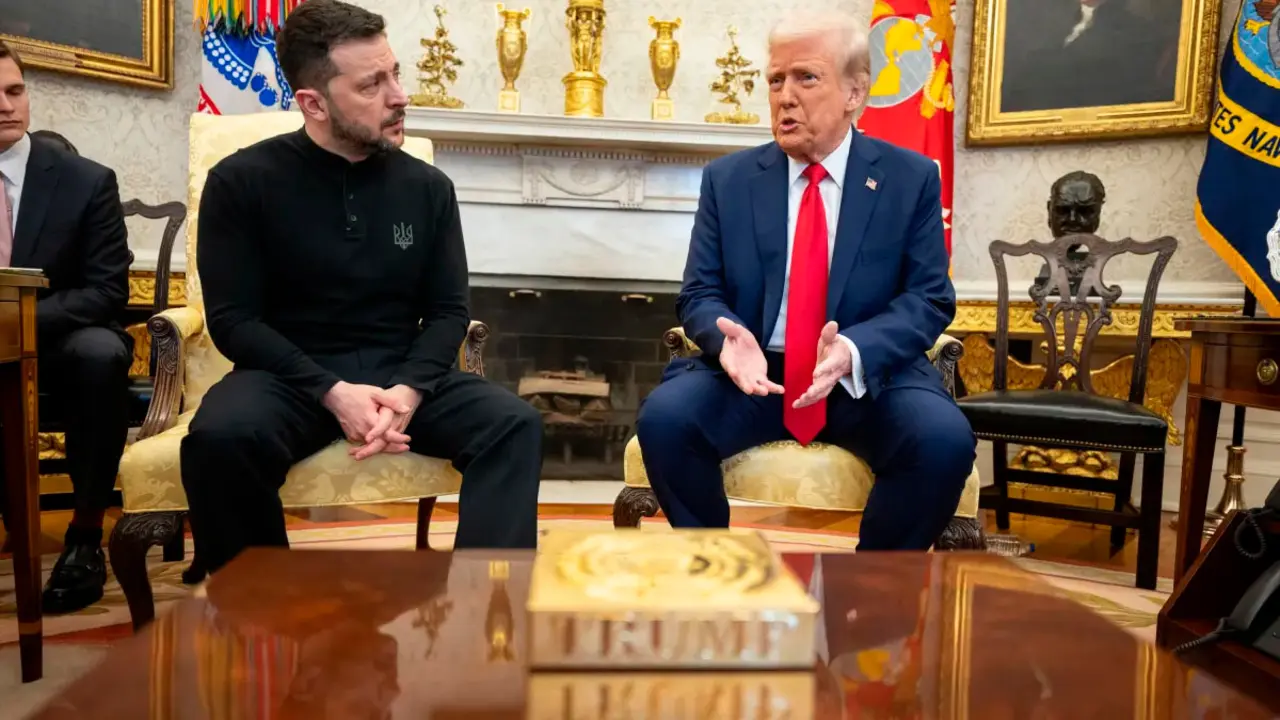Turkey shields coronavirus from arms smuggling in Libya
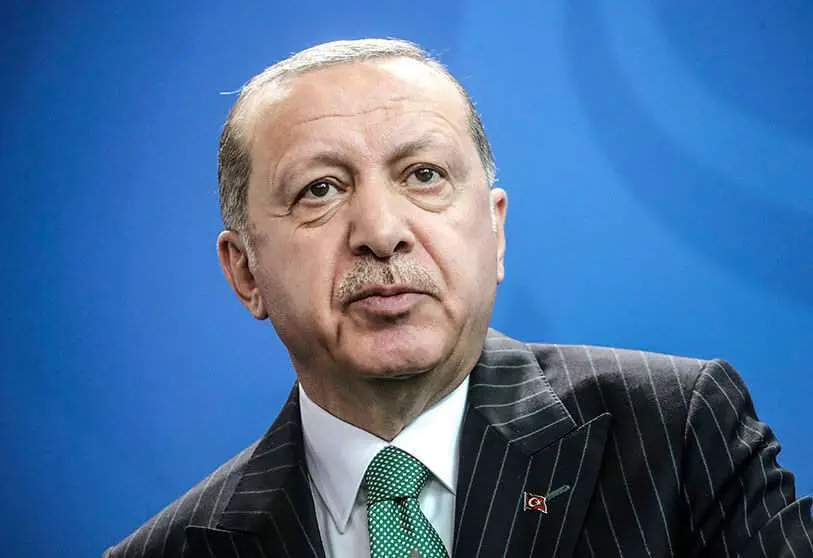
Erdogan's footprint is spreading across Africa. Little by little, the Turkish leader is spreading the influence of his government in different parts of the continent, in the midst of an expansionist foreign policy that has led his country to become involved in several wars. The current crisis of the coronavirus, which affects different African territories to a greater or lesser extent, has provided him with an opportunity to unwind his tentacles without it being too noticeable.
Thus, Turkey, through its official cooperation agency, known as TIKA by its acronym in the national language, has been sending humanitarian aid to various countries on the continent in what is being a large-scale public diplomacy campaign. Sending medical supplies from Ankara and Istanbul has been a constant since the beginning of the pandemic. Official Turkish news agencies have been promoting the humanitarian dimension of Turkish government action in places such as Somalia and Djibouti.
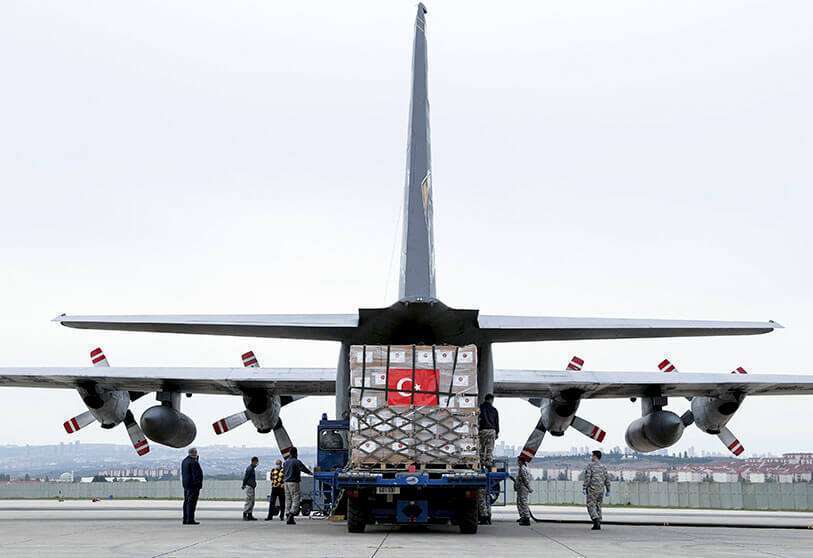
For Turkish interests, this is a careful campaign that has two purposes, both related to its image. The first is to wash away Erdogan's battered international reputation and, by extension, that of his entire Executive. Since the summer 2016 coup d'état, the country's leader has been conducting a campaign of internal repression that has put many lawyers, journalists and social network users in prison. Moreover, his involvement in the wars in Syria and Libya is increasingly being questioned.
The second, related to the first, lies in covering up the war-material smuggling network that Ankara has set up in various African countries and, in particular, in Libya. In the Mediterranean country, Turkey is the main logistical support for Fayez Sarraj's Government of National Accord (GNA). To ensure its survival, Erdogan has been transferring thousands of jihadist fighters since the war in Syria.
The current crisis context has given Turkey the possibility of camouflaging in its humanitarian aid shipments of arms and ammunition intended to equip the GNA militia on the front line. One of the country's hot spots is currently the coastline that stretches from the Tunisian border to the capital, Tripoli.
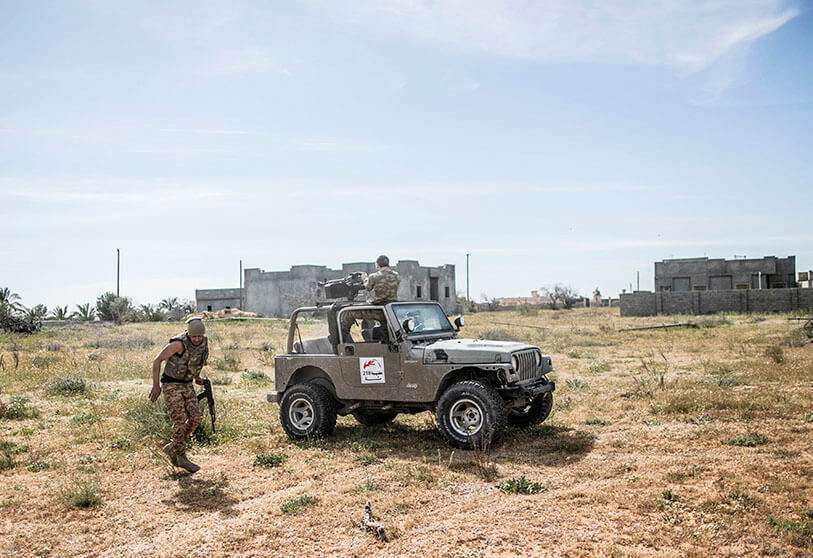
The neighbouring country of Libya has been in the spotlight for a few days. Last Friday, a plane from Turkey landed at Djerba-Zarzis airport with what were supposed to be medical supplies intended to strengthen Libya's precarious health system. Indeed, the consignment was soon transferred to Libya through the Ras Jedir border crossing.
In addition to the role played by Turkey, whose close relations with various terrorist groups have long since come to light, suspicions are falling heavily on the Tunisian government, which allowed the entire operation to go ahead without any hesitation.
According to The Arab Weekly, many progressive opposition parties have criticised the movement for two reasons. Firstly, because they consider the presence of Turkish aircraft on their territory to be a clear interference.
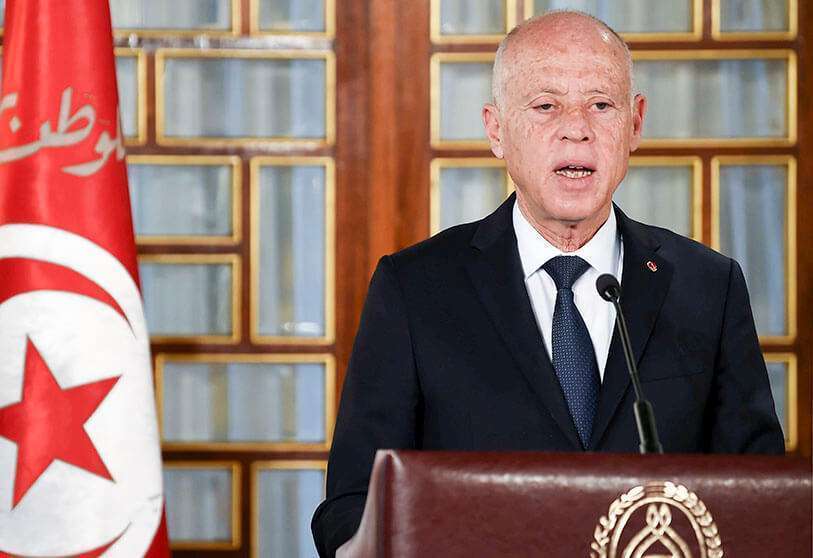
Secondly, they argued that the Turkish government's involvement with one of the two sides in the fight covers up the entire transaction with suspicion. Will the supplies really end up in hospitals for the population to be cared for or will they be used to cover the needs of the fighters? Are the Turkish planes transporting goods of some other kind?
It cannot be ruled out. It is not the first time that a Turkish shipment - naval or air - arriving in Tunisia has hidden weapons or ammunition destined for Libya. President Kais Saïed's position on the country's conflict is far from clear. The last example is precisely that he has allowed Libyan aircraft to use his territory as a base for delivering aid to his allies, but he is not alone in this.
Indeed, in the middle of last week, Marshal Jalifa Haftar's Libyan National Army (LNA) foiled a GNA operation whereby its fighters, in collusion with Turkey and the Tunisian Islamist party Ennahdha, sought to establish the Aqiya bin Nafi military base, located near the border, by securing the overland smuggling of war material from Tunisia. This information was provided by LNA Brigadier General Sharaf al-Din Saeed al-Alwani to the Emirate newspaper Al-Ain.
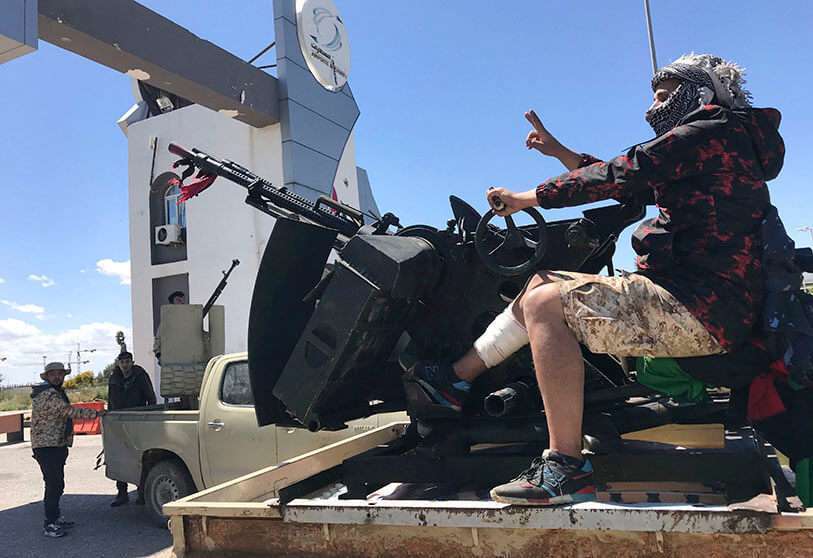
The impact of this system designed to circumvent the international embargo on Libya is not limited to the North African country. Libya, whose southern border is extremely porous, is also the gateway for war supplies to the whole of the Sahel.
In this way, the same jihadist militants who operate under the orders of Ankara together with the GNA are the ones who, in addition, divert a part of these weapons towards the south with the aim of various terrorist organizations, such as Boko Haram or the branches of Al-Qaeda and Daesh in the region.

